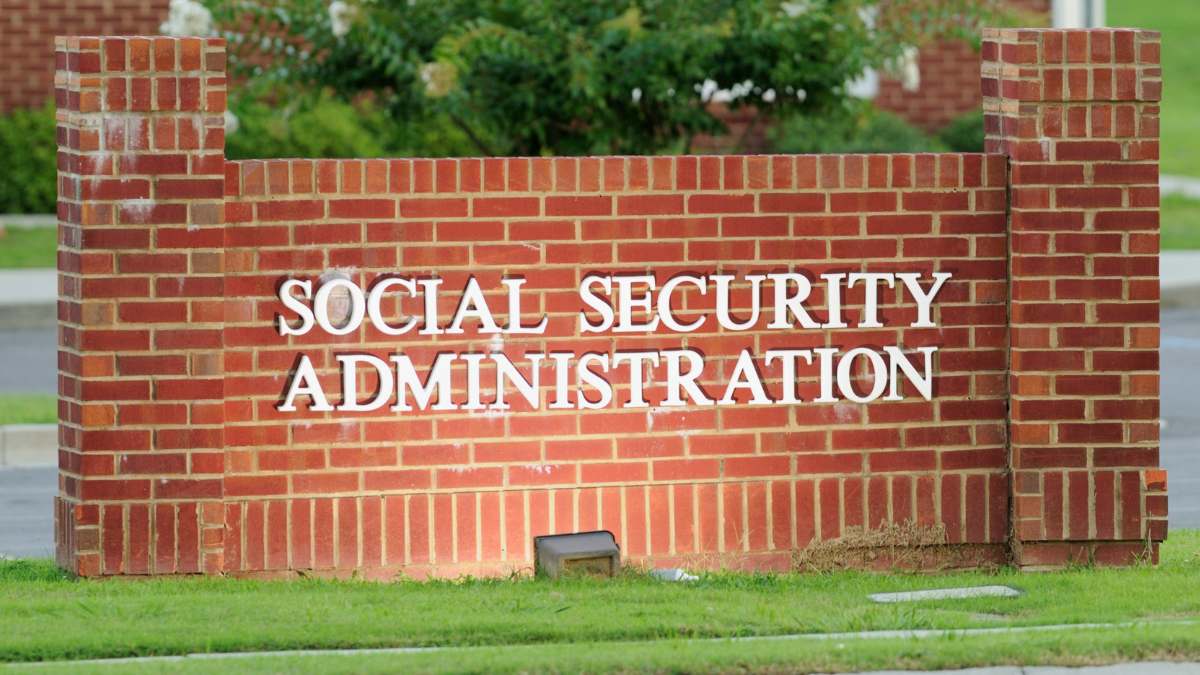Since Donald Trump came to government (for the second time), the Social Security Administration (SSA) is adjusting its rules to recover money it paid in error. If you got a letter from them, they’re basically saying, “Hey, we think we passed you more money than we should have. We need you to pay it back.”
The SSA has its logical reasons, yes, but the process is causing controversy: they can range from not reporting a change in your income to calculation errors on their part. Things happen, but now the consequences are stronger.
What changed in Social Security’s overpayment clawbacks (and why you should be interested)
Until March 2025, if the SSA mistakenly overpaid you, they only deducted 10% from each monthly check to recover the amount owed. But since March 27 of this year, the story changed: now they can withhold 100% of your payments until you pay off the debt. Between 2017 and 2022, the SSA mistakenly doled out more than $72 billion, primarily due to overpayments. With figures like this, it is not surprising that the clawback for overpayments has tightened a little.
For example, if you owe $2,000 and your monthly benefit is $1,500: they would keep your next full payment, and you would still have to pay $500 back, meaning the next check will be for $1,000. Not nice if you depend on that money to make ends meet.
But be careful: this applies only to overpayments that occur after that key date. If you were already paying an excess before March 27, the 10% discount per check continues. And here’s another exception: if you receive SSI (Supplemental Security Income), the discount remains at 10%. It’s unclear why they left SSI unchanged, but at least it’s a lifesaver for some.
How do you know if you are in the crosshairs of Social Security?
The letters began to be sent from the end of March. If you receive one, don’t leave it lost among the pizza flyers and coupons. Open it quickly, because the SSA gives you 30 days (plus 5 days of margin for the mail) for you to act before starting to deduct you.
If you have to pay, it’s not the end of the world:
- Express option: If you have the money, you can return it with a credit card, online payment or check.
- Flexible option: If you can’t let go of everything at once, call 1-800-772-1213 or visit a local office. By law, they must offer you a payment plan adjusted to your situation. Of course: don’t wait for them to seize you; Act before the discounts start.
You have the right to fight the decision. Review the details of the notification, compare it with your records, and if something doesn’t add up, file an appeal. Sometimes even the most polished systems get it wrong.




